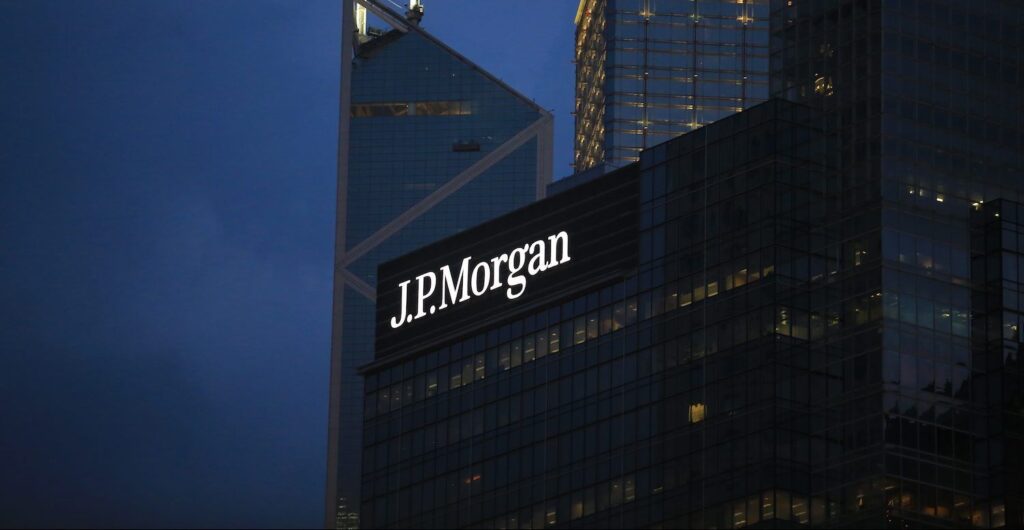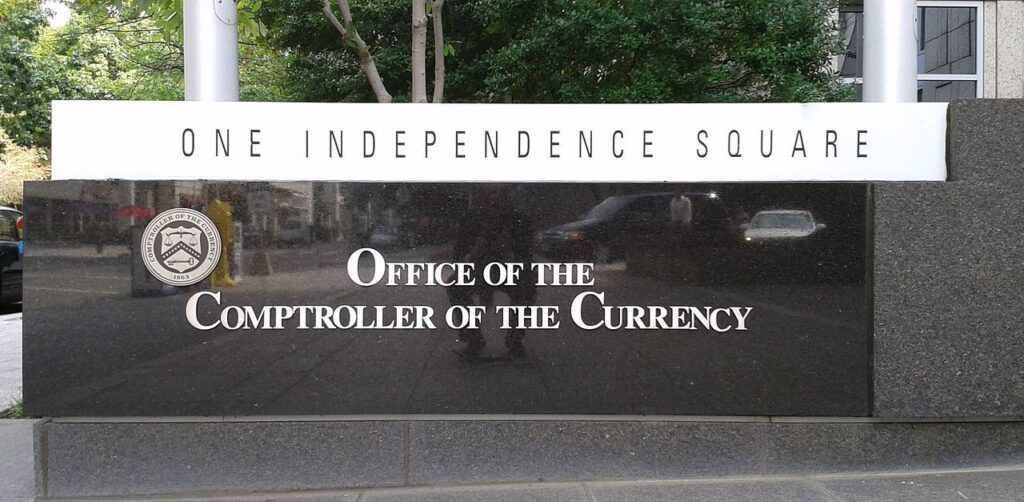Short-Term Pressures in the Crypto Market
The cryptocurrency market is bracing for continued pressure in the near future, largely due to a shortage of positive developments and a growing skepticism regarding the potential approval of a U.S. strategic crypto reserve. This analysis comes from a recent research report published by JPMorgan (JPM) on Wednesday.
Concerns Over Congressional Approval
JPMorgan analysts, led by Nikolaos Panigirtzoglou, emphasized that there is significant doubt surrounding Congress’s willingness to approve a strategic reserve for cryptocurrencies. They expressed particular concern about the feasibility of including smaller tokens beyond the prominent Bitcoin (BTC) and Ethereum (ETH), citing their high volatility and associated risks.
Presidential Directive for a Bitcoin Reserve
In an intriguing development, President Donald Trump has directed his administration to establish a Bitcoin Strategic Reserve aimed at holding assets seized by the government. Additionally, he has called for a stockpile of other cryptocurrencies, although he did not specify which assets should be included. Earlier in the week, he did mention tokens like XRP, Solana (SOL), and Cardano (ADA) as potential candidates.
State-Level Rejections and Concerns
JPMorgan’s report highlights that discussions around including Bitcoin in strategic reserves at the state level have not gained traction. States such as Montana, North Dakota, South Dakota, and Wyoming have all rejected proposals related to this idea, primarily due to concerns over the inherent risks and volatility associated with cryptocurrencies.
Global Central Banks Remain Cautious
The skepticism isn’t limited to the U.S. alone; global central banks are similarly hesitant to include Bitcoin in their reserves. The Swiss National Bank (SNB) and the National Bank of Poland have both opted against adding Bitcoin to their asset portfolios, preferring to invest in more stable assets like gold. Singapore’s monetary authority has also dismissed the idea, stating that cryptocurrencies do not align with its long-term investment strategies due to their speculative nature.
Wider Skepticism Among Policymakers
The European Central Bank (ECB) has been vocal in its criticism of Bitcoin as a potential reserve asset, reflecting a broader skepticism among policymakers regarding the viability of cryptocurrencies in reserve frameworks. This growing concern suggests that the road ahead for a U.S. strategic crypto reserve may be fraught with challenges.
As the crypto market navigates these uncertainties, investors and stakeholders remain watchful for any developments that could shift the current landscape.



